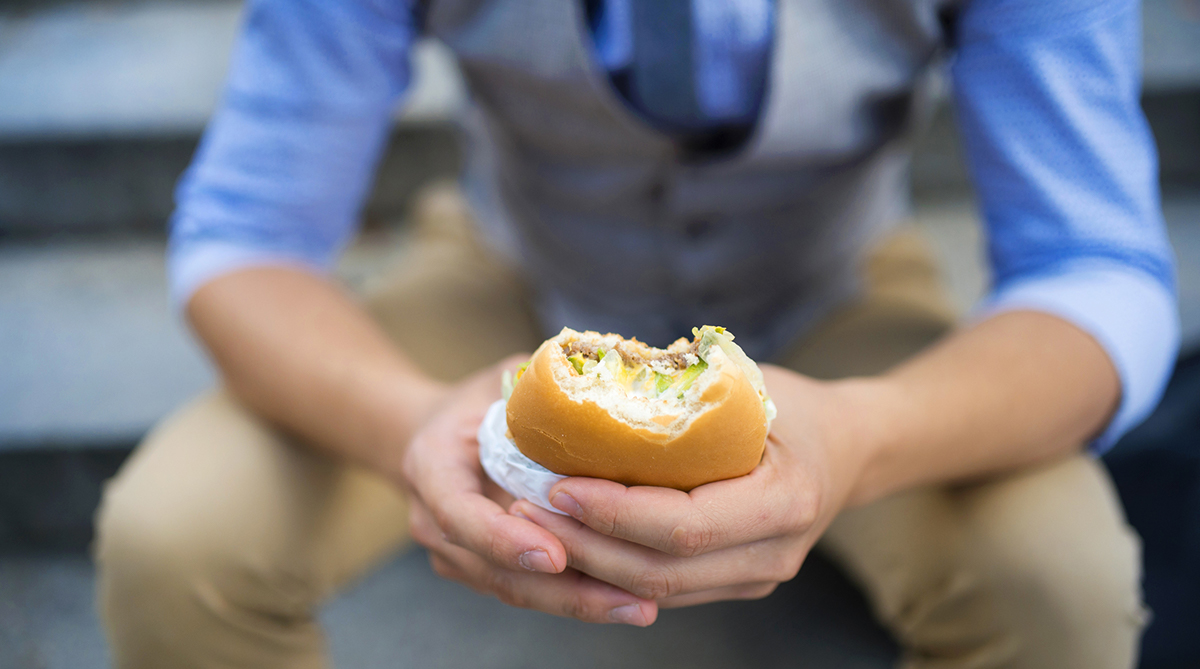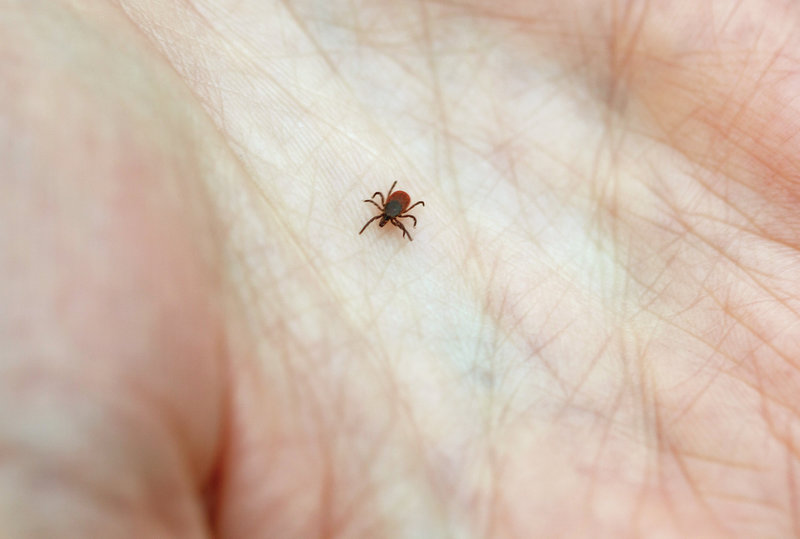THE DOWN SIDE OF HYDRATING
DRINKING TOO MUCH WATER DURING ATHLETICS CAN BE DANGEROUS.
When it comes to deciphering nutritional advice, there are contradictions at every turn. The advice given on one day will tell you that eating carbs will make you fat; on the next day, it’s the greatest thing since sliced bread. Similarly, no sooner is “drug X” the magic wonder that will reduce your cholesterol count, the next minute it’s discovered that it might make your kidneys malfunction.
But there used to be a health truism you could trust – you can never drink too much water, especially when you exercise or are dehydrated. Now experts say even that health rule of thumb is a fallacy.
Meet hyponatremia, a condition caused by drinking too much water during prolonged exercise sessions. What are the symptoms? Nausea, headaches, muscle cramps and even seizures. It’s hard to believe that an athlete could suffer from what is also called “water intoxication,” but according to the Mayo Clinic, over-drinking can dilute the sodium in the bloodstream (especially in older adults, for whom low blood sodium is more common). This can cause the brain to swell and push against the skull, which could lead to coma and death.
SWEATING IT OUT
Basically, here’s how hyponatremia happens: We need sodium to draw water through permeable membranes (such as those that surround cells) and to distribute fluid throughout the body. When we sweat, we lose water and salt, which is made up of sodium and chloride. So, lots of sweating depletes the body of sodium.
If sodium levels in the bloodstream fall too much, water cannot move across the membranes properly and we become dehydrated. When that happens, we could drink a river of water and we wouldn’t have enough sodium to move it from the gastrointestinal tract to the blood.
In 1998, an athlete named Bob Irving competed in a Half Ironman competition. He drank so much water during the race that he made himself sick; he cramped up and had to walk most of the 13.1-mile run. In 2006, officials at the Houston Marathon cut the number of water stops in half due to the fact that, in past competitions, so many runners had been showing up at the medical tent suffering from hyponatremia.
So while this condition may not be widespread, it is serious enough to make one cautious. This is especially true for women, who are smaller and therefore more susceptible to fluid overload.
WATER WISE
What constitutes drinking too much water? If you’re a serious runner, the International Marathon Medical Directors Associationrecommends that athletes drink no more than 31 ounces of water per hour during periods of extended exercise.
“…ATHLETES [SHOULD] DRINK NO MORE THAN 31 OUNCES OF WATER PER HOUR DURING PERIODS OF EXTENDED EXERCISE.”
There are other things you can do to prevent hyponatremia (aside from not overdrinking). During a long competition, try to eat salty snacks such as pretzels. This especially applies if you’re a person who sweats profusely (salty sweaters usually have a white residue on skin and clothes). Sports drinks filled with electrolytes can be more beneficial than water during competition – but don’t overdrink those, either. Most importantly, if you experience any of the warning signs, stop your activity, get medical help and, of course, stop drinking.
Source: you.naturesplus.com
“THE DOWN SIDE OF HYDRATING” By Stephen Hanks ; Edited by Amanda Mauceri


